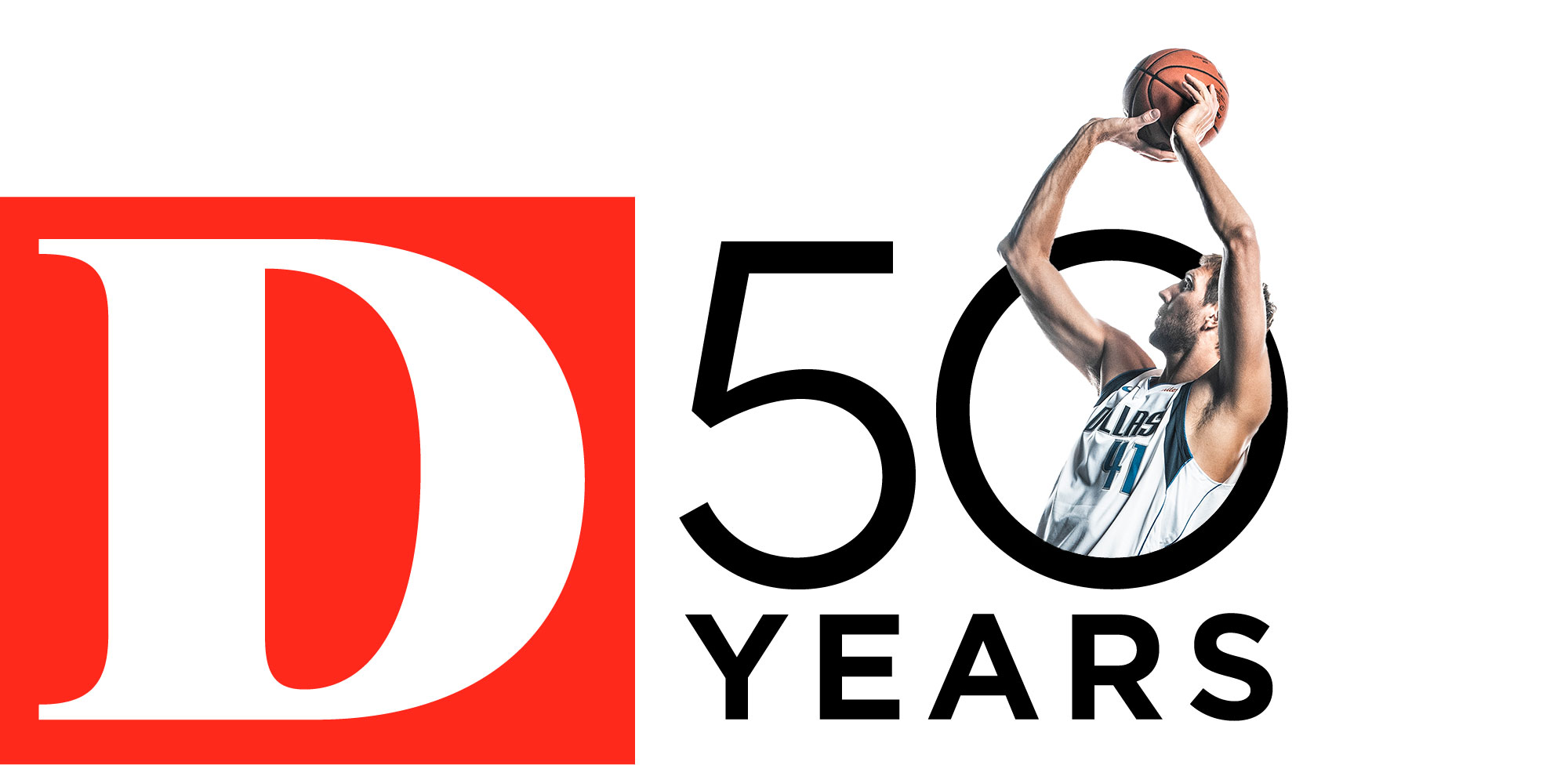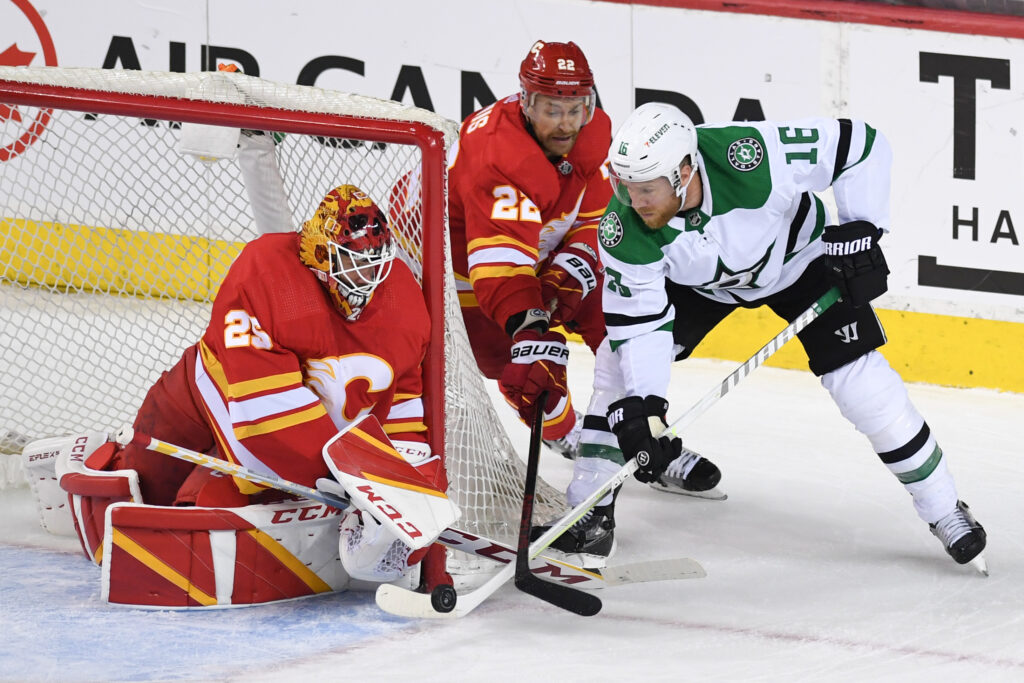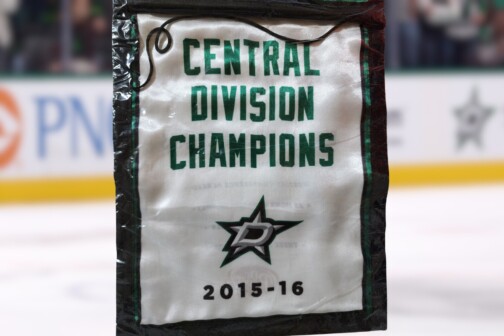I’ll admit it’s probably unfair to do an autopsy on such a fresh corpse. But I think readers deserve to have writers give them what they feel, and right now, I feel like the Stars organization might be missing the big picture. It’s easy to look at surface-level details—Dallas taking a superior Calgary team to seven games—and feel a sense of accomplishment. “We were in it!” they might say.
Don’t ever get it twisted: Jake Oettinger took Calgary to Game 7. Not Dallas’ depth scoring. Not their power play. Not their defense. In fact, their expected goals against per hour was third-worst among playoff teams, and they were outshot by an average of 39 to 26. Here are the number of goals the Stars scored each game: 0, 2, 4, 1, 1, 4, 2. Coming within one goal of stealing a series is not the same thing as coming within one goal of winning a series. It’s the difference between process and outcome. And Dallas’ offensive process has been broken for a while.
Let’s rewind. When the Stars missed last year’s playoffs, they had the built-in excuse of missing Tyler Seguin and Alex Radulov for nearly the entire season. The question should have always been whether that was a good excuse. It was reasonable to argue that Seguin and Radulov might have won them an extra game here and there. But was it reasonable to argue that having Seguin and Radulov would have improved their expected goals (ranked 22nd last season) or actual goals (ranked 27th)? I never felt so. Here’s the kicker: while Dallas’ expected goals per game with Seguin and Radulov improved this season (14th overall), their actual goals per game got worse (30th). You’d think going from a 6-14 record in overtime last year to 14-5 this season would have made them a shoo-in for the playoffs, but it didn’t.
We’ve talked about how that happened and why, from the deployment of certain players to the overemphasis on defense, both of which happened in the Calgary series. Michael Raffl played more minutes than Roope Hintz at even strength. Ditto Ryan Suter and Esa Lindell over John Klingberg. Their sixth- and seventh-leading goal scorers, Jacob Peterson and Denis Gurianov, were largely healthy scratches. They wouldn’t have made a significant difference—although Peterson’s breakaway in Game 7 came close—but it’s clear what type of player was favored throughout the season and in the playoffs. What started as their preferred style eventually came off as a self-fulfilling prophecy. When you’re giving up high numbers of shots from literally every angle, of course you need guys who are better at blocking shots than scoring goals.
Ticket host, Athletic writer, and all-around good guy Bob Sturm floated a valid theory in response to what tends to be the dominant criticism from analysts like me: in so many words, Dallas doesn’t have a roster capable of playing for the best-case scenario (scoring goals), so they play to prevent the worst-case scenario (allowing goals) instead.
With all due respect to him, this misses the point in two ways. The first is that this isn’t about choosing defense or offense; nor should it be. Good teams ought to be able to manage both. Some of this season’s best defensive teams—Calgary, Colorado, Minnesota, Boston, Toronto, and Tampa Bay—also scored a lot, which makes intuitive sense. Not every defensive effort has to be blocking a critical shot or being expertly positioned at all times; it can simply be an effect of the opponent having to defend. More to the point, the Stars were a good defensive team this season, but they weren’t elite, ranking 12th in goals allowed and 11th in expected goals allowed. Certainly nothing about that heartbreaking Game 7 made a case for good defense after allowing 67 shots on net and 134 (!) shot attempts.
As for the second point, it’s worth asking what Dallas’ grinding style does for players who grow up playing with the puck rather than without it. An interesting quote came out about Barry Trotz after Lou Lamoriello dismissed the former Islanders coach. The bombshell? Per Kevin Kurz’s report, a league source claimed the players weren’t surprised, arguing that Trotz’s taxing style asked too much of them, was too rigid structurally, and took away their dynamic instincts in the process. That ultimately “led to frustration” among the group. Sure, it’s just gossip, and Trotz’s situation in New York is not Bowness’ in Dallas. We’ve never heard, for instance, that Stars players are frustrated by the style they play; whatever breadcrumbs we’ve gotten are hardly conclusive.
But what it does show is that just as defense won’t take care of itself, neither will offense. There has to be a buy-in from the players, yes, but there also has to be a strategy for how to create it. Otherwise, be it in New York or Dallas, the goals won’t come.
And, make no mistake, the Stars need to score more of them. The situation will get worse before it gets better, too: Dallas will likely lose John Klingberg, their blueline point leader, this offseason. Not only are you asking the Stars to replace Klingberg’s 47 points, a team-high among defenders, but you’re asking the Stars to replace his ability to activate the plays that create offense from the blueline out. There aren’t many defenders better at a wider range of offensive abilities, and even fewer are right-handed like him, too. This, at a time when Dallas’ future at forward includes names such as Wyatt Johnston, Maverick Bourque, and Logan Stankoven: dynamic offensive players who all led their respective CHL leagues in points per game this year. Maybe their talents are enough to play up no matter their surroundings, a la Roope Hintz and Jason Robertson. But why make it more difficult than it needs to be, whether schematically or losing the exact sort of blueline initiator who could ease their growing pains?
You’ll notice I’ve avoided talking about Rick Bowness for one simple reason: the organization has co-signed this vision of “built for the playoffs” and “the offense will take care of itself.” Everything starts there. The players don’t decide who gets paid. They don’t decide who joins them on the roster in free agency or on the trade market. And they don’t decide the tactics from game to game. They’re responsible for what happens on the ice, not how.
How does a team lose the most critical game of the season on a night in which they got arguably the best goaltending performance in NHL history? By assuming the goals will come instead of planning for them. And if the Flames taught them anything, it’s that your offense can’t take care of itself if your opponents take care of theirs first.
This team has what it takes to make the playoffs. It even has what it takes to win a series. But the day will come when Oettinger looks mortal. When that happens, the guys who don’t wear masks need to score goals.
Get the ItList Newsletter
Author






